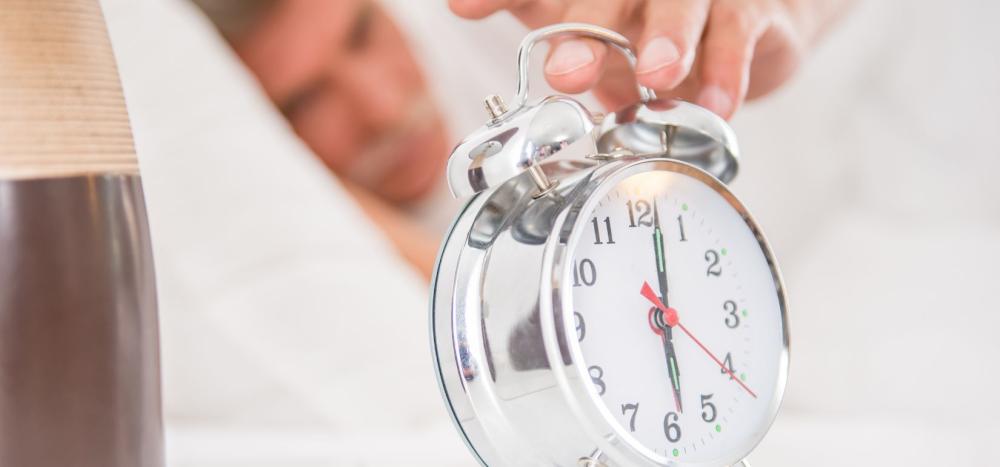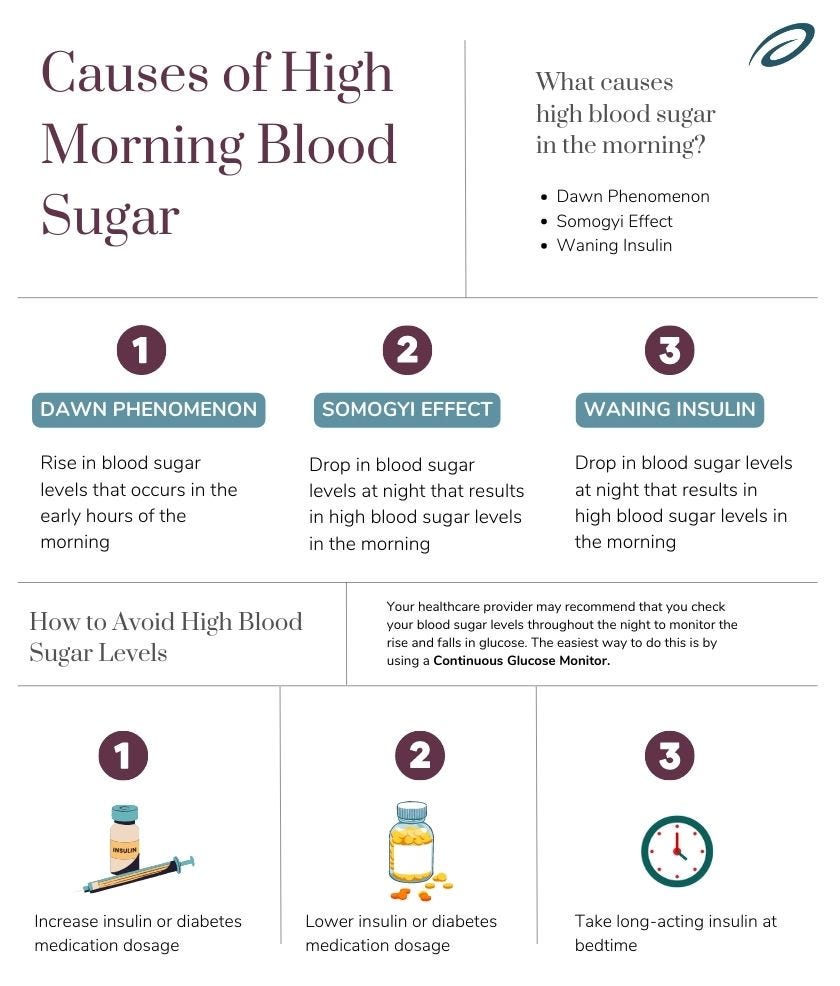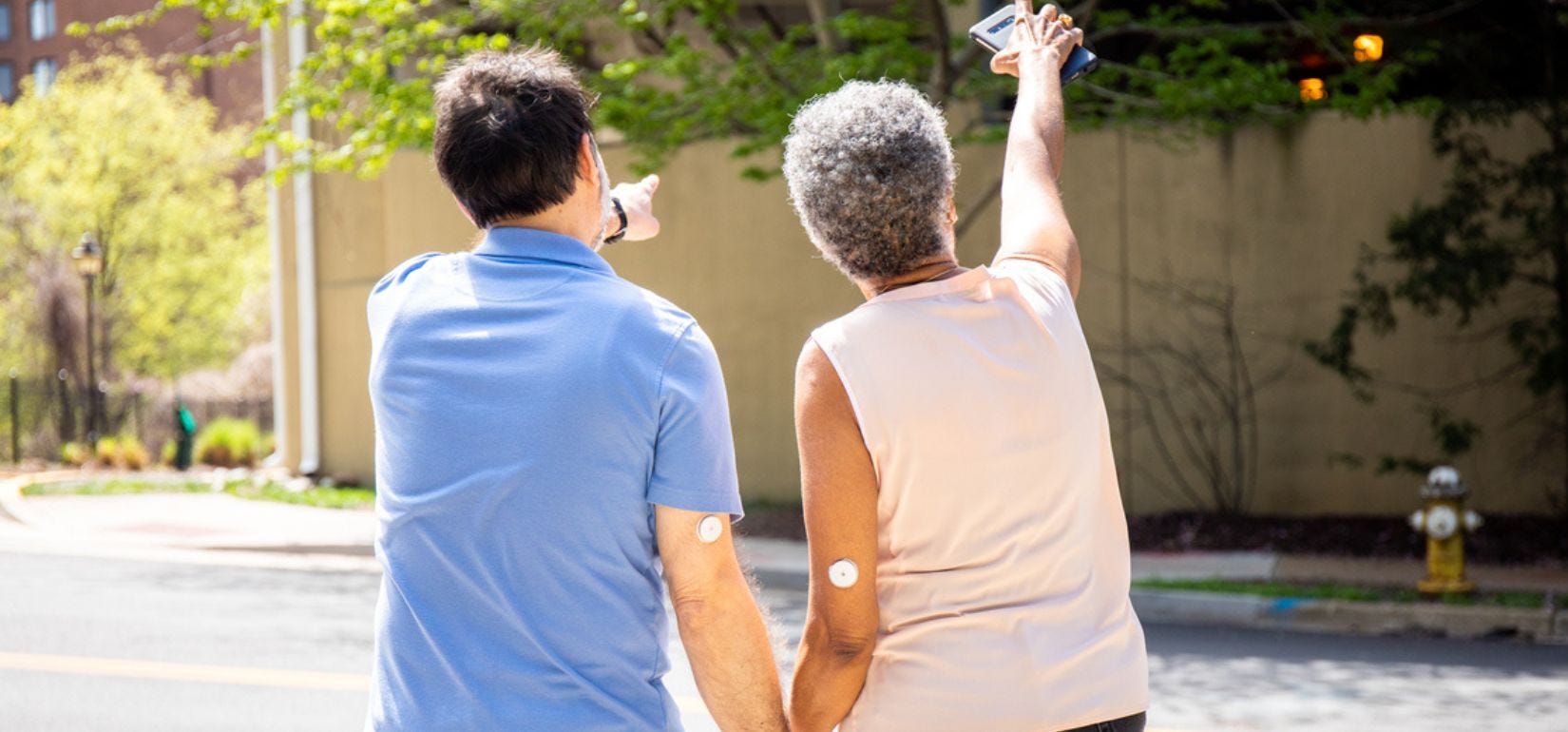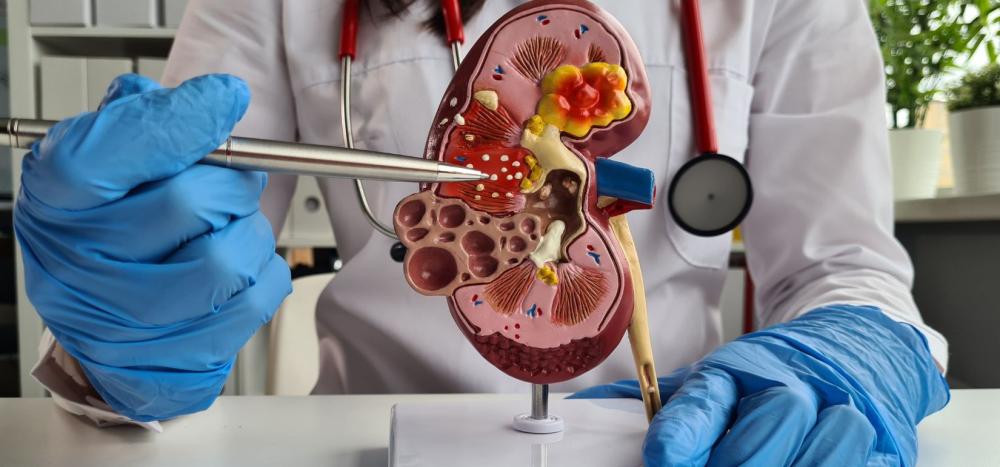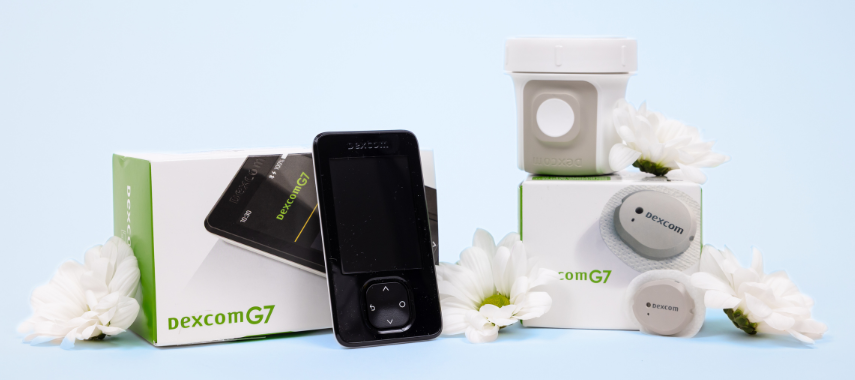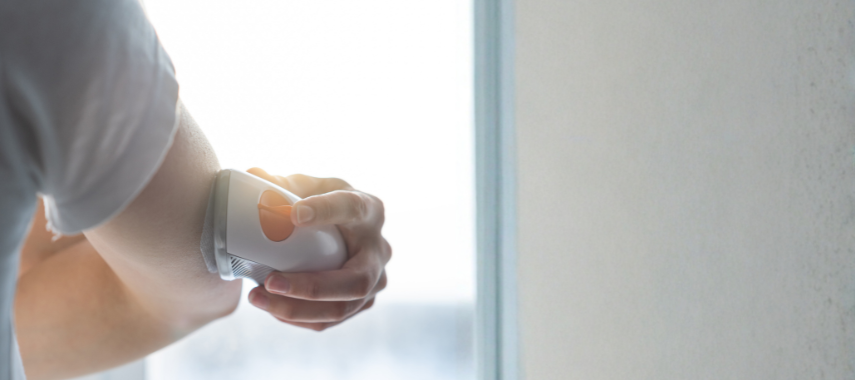Have you ever woken up from sleeping for hours and checked your blood sugar, only to find it at abnormally high levels?
This is a common experience for many people with diabetes, but why does it happen? A few factors— specifically, the dawn phenomenon, the Somogyi effect, and waning insulin— are to blame for these unexplained blood sugar spikes. Learn the difference between these 3 effects so you can safely counteract and manage high blood sugar levels.
Dawn Phenomenon
The dawn phenomenon refers to a rise in blood sugar levels that occurs in the early morning hours in people with diabetes.
In all people- both with and without diabetes- the body produces certain regulatory hormones in the early morning hours that function to raise blood sugar levels to prepare you for waking up and starting the day. In people without diabetes, the pancreas is able to produce enough insulin to maintain blood sugars that are in a normal range.
However, in people with both type 1 diabetes and type 2 diabetes, blood glucose levels can rise abnormally- known as hyperglycemia- since the pancreas cannot produce enough insulin to regulate blood sugar and keep it normal.
This rise in blood sugars typically starts around 2 or 3 a.m. and can continue until around 8 a.m. or whenever you wake up from sleep.
Somogyi Effect
The Somogyi effect is another explanation for your high blood sugar levels in the morning.
When you sleep, your blood sugar levels can drop- also known as hypoglycemia. To counteract this, your body produces hormones that raise blood sugar back up.
In people with diabetes, this defense against hypoglycemia causes high blood sugar levels in the morning. Many times, this can occur if you take too much insulin or don’t eat enough before sleeping.
Waning Insulin
Waning insulin occurs when your blood’s insulin levels fall in the middle of the night, which causes your blood sugar to rise, resulting in high morning blood sugar levels.
Typically, waning insulin happens when your insulin pump’s long-acting basal insulin doesn’t give your body enough insulin overnight or if the basal insulin dose you take before sleeping is too low. Waning insulin can also occur if your basal insulin dose was taken too early in the day.
For example, if you take a dose of long-acting insulin first thing in the morning, it may start losing its effect overnight. This means you may wake up with high sugars from it wearing off.
How to Avoid High Morning Blood Sugar
According to the American Diabetes Association, around half of people with diabetes experience high blood sugar levels in the mornings, so if you are from time to time, try not to panic. You can manage dysregulated blood sugar levels in a couple of ways.
Check Blood Sugar Levels Throughout the Night.
If you’re experiencing high blood glucose levels in the mornings, your healthcare provider may recommend that you monitor your levels throughout the night, probably between 2 a.m. and 4 a.m. During this time, you’ll be able to see whether your blood sugar levels are rising or falling which will help determine the cause.
Instead of setting alarms and waking yourself up throughout the night to check your readings, you can use continuous glucose monitors (CGMs). These glucose monitors are equipped with sensors that attach to your body and transmit blood sugar level readings frequently without fingersticks, allowing you to sleep through the night while recording your blood sugar changes.
If you don’t have a CGM to help you with blood sugar control, you may be able to get one at low cost through your insurance plan. Check to see if you qualify today with Aeroflow Diabetes by submitting a few pieces of information through our secure Eligibility Form.
Increase Insulin or Diabetes Medication Dosage.
If your blood sugar levels are rising in the early morning hours, it could indicate the dawn phenomenon. Your healthcare provider may then recommend you increase your insulin or diabetes medication dose.
Decrease Insulin or Diabetes Medication Dosage.
If you experience low blood sugar levels at night and high levels in the morning, it could indicate the Somogyi effect. In this case, your provider may recommend you lower your insulin or diabetes medication dose.
Take Long-Acting Insulin at Bedtime.
If you have lower blood sugar levels at night and high levels in the morning, it could indicate waning insulin. Your healthcare provider may suggest taking your basal insulin dose before you go to bed so the waning effect doesn’t occur while you’re sleeping.
High Morning Blood Sugars | ADA. (n.d.). Diabetes.org. https://diabetes.org/diabetes/treatment-care/high-morning-blood-glucose
Information provided on the Aeroflow Diabetes website is not intended as a substitute for medical advice or care from a healthcare professional. Aeroflow recommends consulting your healthcare provider if you are experiencing medical issues relating to diabetes care.


